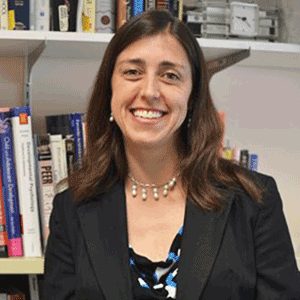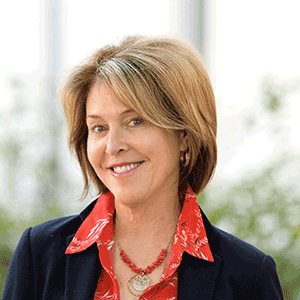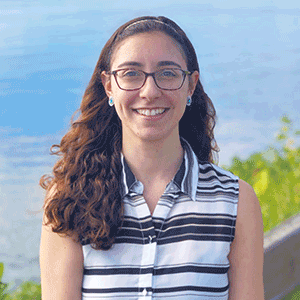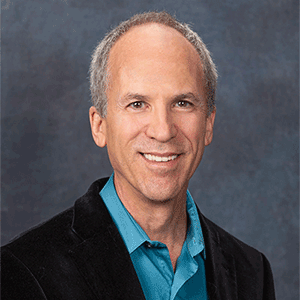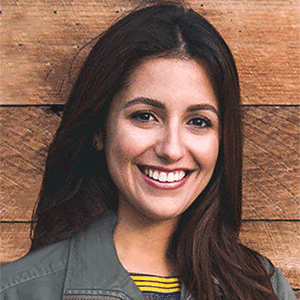Smooth Sailing is a teacher-focused, professional development program designed to build positive relationships between general education teachers and their young students on the autism spectrum.
This page describes the Elementary School version of the Smooth Sailing Program.
Looking for the Early Childhood version of the Smooth Sailing Program? Click here.
What do we offer?
The Smooth Sailing program offers a 4-week, virtual program (roughly 12-15 hours of total PD time) including online didactics, one-on-one virtual coaching, and practice activities to equip teachers with evidence-based strategies for building relationships, supporting students’ classroom engagement, and collaborating with parents. Enrollment for the 2025-2026 school year has closed..
What is the goal of Smooth Sailing?
Funded by the Institute of Education Sciences, our goal is to help general education elementary teachers enhance their skills for interacting with and teaching autistic students. The program focuses on building positive student-teacher relationships, supported by evidence from randomized controlled trial research that the program leads to improved social, emotional, and academic outcomes for children and improved autism knowledge and skills among teachers.
Our program takes an autism-affirming, neurodiversity approach; this means that we view autism as part of the natural range of human experiences rather than something to be fixed. We help teachers develop supportive classroom environments that address autistic students’ needs alongside those of other students.
A professional development program for K through 2nd grade teachers to improve outcomes for young autistic* children in general education classrooms
- Teachers based in in Massachusetts or California.
- Teachers in general educations classrooms in kindergarten through 2nd grade.
- Teachers who have at least one student with an autism diagnosis or suspected/possible autism.
- Enrollment for the 2025-2026 school year has now closed.
- Teachers complete ~2 hours of self-paced didactic modules each week for 4 weeks during the academic school year.
- Teaches engage in practice activities each week during the course of the school day to try out new strategies.
- Teachers receive 3 hours of one-on-one coaching via zoom to help apply strategies in the classroom.
- Teachers provide data through surveys to assess the program’s impact.
- You will gain an in-depth, affirming understanding of autism and autistic students’ needs in the classroom.
- You will learn evidence-based strategies for fostering positive relationships with your student on the autism spectrum as well as technique for effectively partnering with their parents.
- You will receive personalized support from a coach with autism experience.
- Students whose teachers take part go on to have more positive student-teacher relationships and show greater academic engagement and social and emotional adjustment in the classroom.
*We use the term “autistic children” to describe children on the autism spectrum, because identity-first language (i.e. “autistic person”) is preferred over person-first language (i.e. “person with autism”) by a majority of autistic people in the U.S. (Taboas et al., 2023).
Ready to learn more about Smooth Sailing?
Please sign up for our mailing list below to learn about future participation opportunities.
You may also email us with any questions.
You may reach our coordinator, Greta Vecsey, for any questions about this program, at smoothsailing@umb.edu.
You can also reach our program directors, including Abbey Eisenhower at UMass Boston (abbey.eisenhower@umb.edu) and Jan Blacher at UC Riverside (jan.blacher@ucr.edu).
Smooth Sailing is funded by a five-year grant from the Department of Education’s Institute of Education Sciences (IES; R324A230223) which has IRB approval from the University of Massachusetts Boston, with authorization agreement from the University of California Riverside and Fairleigh-Dickinson University.
Principal Investigator: Dr. Abbey Eisenhower, UMass Boston.
Site Principal Investigator at UCR: Dr. Jan Blacher.
Co-Principal Investigator: Narmene Hamsho, FDU.


